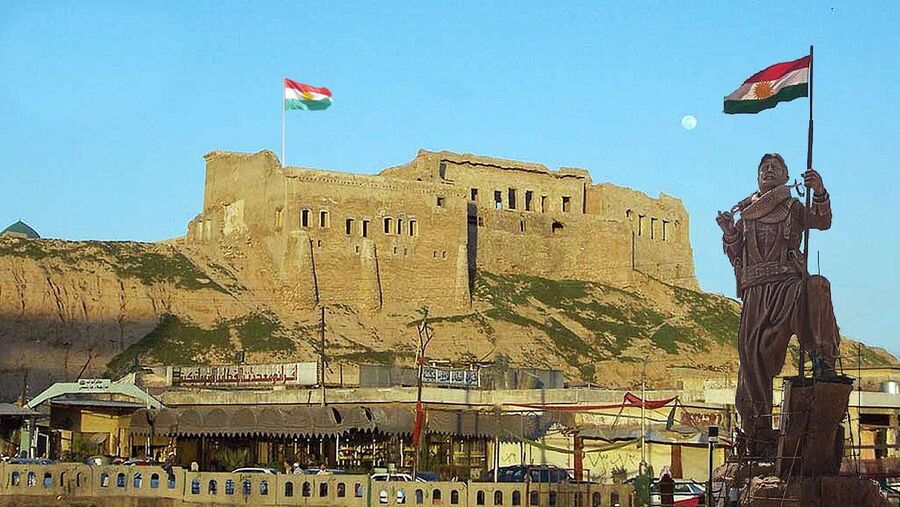Kirkuk is a city in the Southern part of Kurdistan. It is a Kurdish city in terms of population and history and is located in the southern part of Kurdistan. The population of Kirkuk is mostly Kurdish and a minority of other ethnic groups live there. It has always been a coexistence area of all different ethnic groups, such as Turkmen and Arabs. In 1947, the population of Kirkuk was 69,526 people.
The ethnic composition of the city's population in 1957 was as follows:
1- Kurds: (178,000)
2- Arabs (48,000)
3- Turkmen (43,000)
4- Assyrians and Chaldeans (1000)
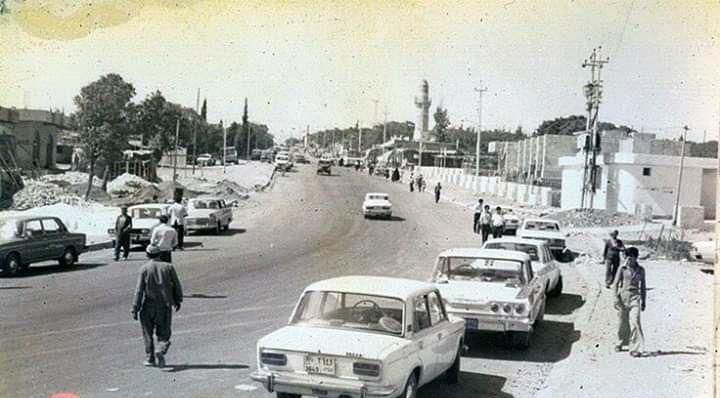
In 1957, the number of Kurdish workers and officials in the Kirkuk Oil Company was 80%, but according to the latest census, the proportion of Kurdish workers in 2003 was 20%. This decrease shows the occupying power and that Kirkuk is Kurdish territory with a Kurdish majority. In 2017, the population of Kirkuk was 1 million 260 thousand people.
The 1957 census showed that the majority of Kirkuk's population was Kurdish, which led to several important demographic changes in the region over the past century. Especially after the discovery of oil on its territory, the Iraqi government realized the importance of the region in terms of economy and natural resources; therefore, in several stages and methods, the decision to Arabize the city, impose Arabic culture and language by force, expulsion of Kurds, settlement of imported Arabs from southern and central Iraq, etc. Therefore, the Arabs occupied the land and property of most Kurds. These policies continue to this day.
This is proof of the extreme chauvinism of the Ba'ath regime and the Iraqi state, which has cut off the income and exiled the Kurds year after year.
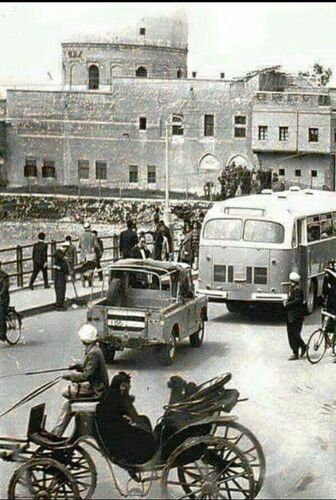
Location of the city
Kirkuk is located in northern Iraq and the southern part of Kurdistan. In terms of population, it has exceeded one million. It covers an area of about 1,000 square kilometers. It is an important city in terms of politics, economy, and oil resources. It is the oldest oil-producing city and its soil is very rich. Kirkuk is ranked 14th among the 20 oldest cities in the world.
The most important services built in the history of Kirkuk
1. The first golf course in the Middle East was built in 1940 in Kirkuk.
2. The first bridge was built in 1875 in Kirkuk and was named the Stone Bridge.
3. In 1922, the first hotel was built in Kirkuk called Rest House.
4. In 1940, the first cinema was opened in the city called Gazi Cinema.
5. In 1925, the first railway line was opened in the city.
6. In 1967, Kirkuk Television was opened.
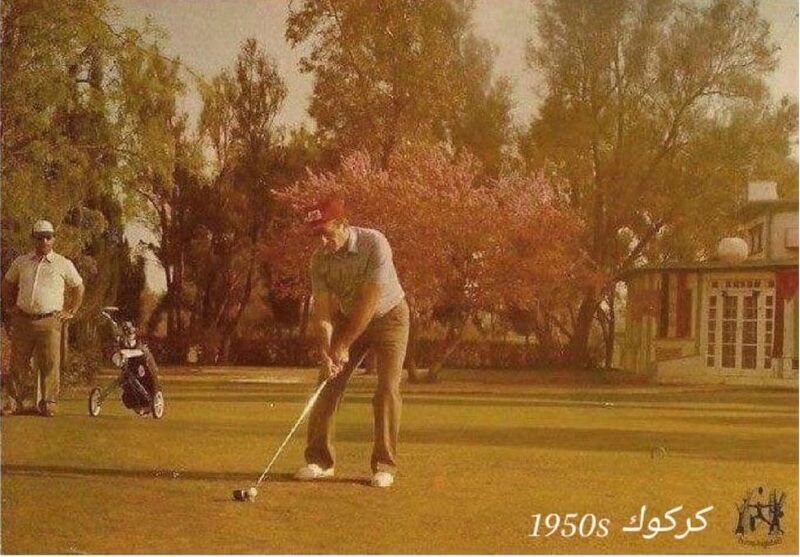
The most important historical monuments of Kirkuk
1. Kirkuk Castle: The most important historical monument in Kirkuk is the Kirkuk Castle, which was built 800 years BC by the Assyrian king Nasrbal II. It was used as a military base during the Ottoman rule.
The castle is built on four corners and 120 feet above sea level. The most important part of the castle was the western part, known as the Shater, with the shrine of the prophet Daniel.
On the other hand, the history of Kirkuk Castle dates back to the time of Cuneiform time and is said to have been originally named after the city of Arbkha, which was an independent province in the second millennium BC. At that time, Kirkuk Castle was known as Dimto Karkhi Shilwakho, meaning the Castle of Shilwa's grandchild, which was built by a ruler named King Shilwa Tishub.
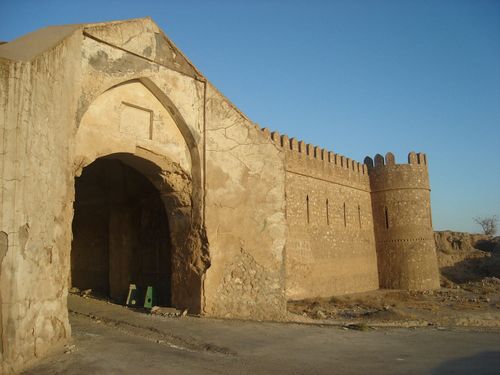
2- Kirkuk Qaisary Bazaar: Built in 1855 by the Ottomans near the Kirkuk Castle. The way it is built contains several symbols that are evidence of time. It has 365 shops symbolizing the days of the year, 24 branches and sections symbolizing the hours of the day, 12 small rooms symbolizing the number of months of the year, and 7 main gates symbolizing the days week.
3. Mosque and Shrine of Prophet Daniel.
4- Majidiya Mosque the Takya of Talabanis.
This mosque contains the shrines of several personalities of the city, including:
1- Sheikh Ahmad Talabani.
2- Sheikh Mahmoud Zangana.
3- Abdulrahman Khalid Qaderi.
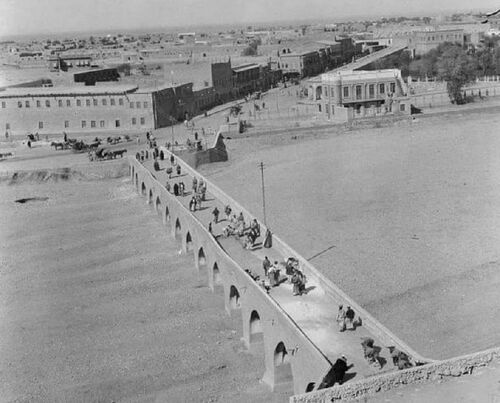
In 1927, the first oil field was discovered in the Baba Gurgur area of Kirkuk. Since then, oil has been extracted from the city's oil fields. Kirkuk oil has several important characteristics, including its very low oil density, which is very valuable for the price and quality of the oil.
The most important oil fields in Kirkuk
1- Baba Gurgur
2- Bay Hassan
3- Chambur
4- Avana
5- Kewabor
Some of the personalities of Kirkuk
1- Mustafa Nariman
2- Falakaddin Kakayi
3- Mahabad Qaradaghi
4- Fazil Jaff
5- Star Shekhani
6- Ahmadi Mullah
7- Adib Nader
8- Latif Fatih Faraj
9- Mohaidin Zangana
10 Arif Qurbani
11- Halmat Hoshyar
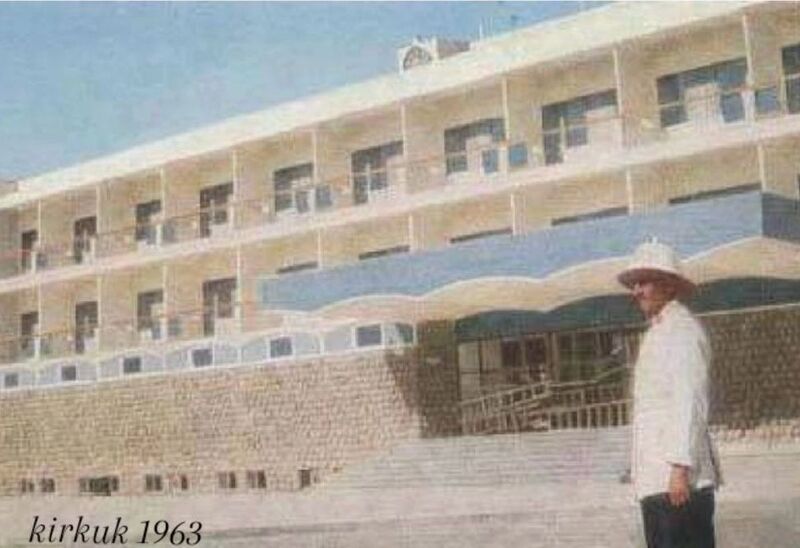
Artists of Kirkuk:
1- Hussein Ali
2- Salih Dawuda
3- Rizgar Hamarauf
4- Shkur Khayat
5- Abbas Mohammed
6- Khanda Kirkuki
7- Ali Mardan
8- Omed Shwani
9- Chopi Fatah
10- Mohammed Abbas Baram

